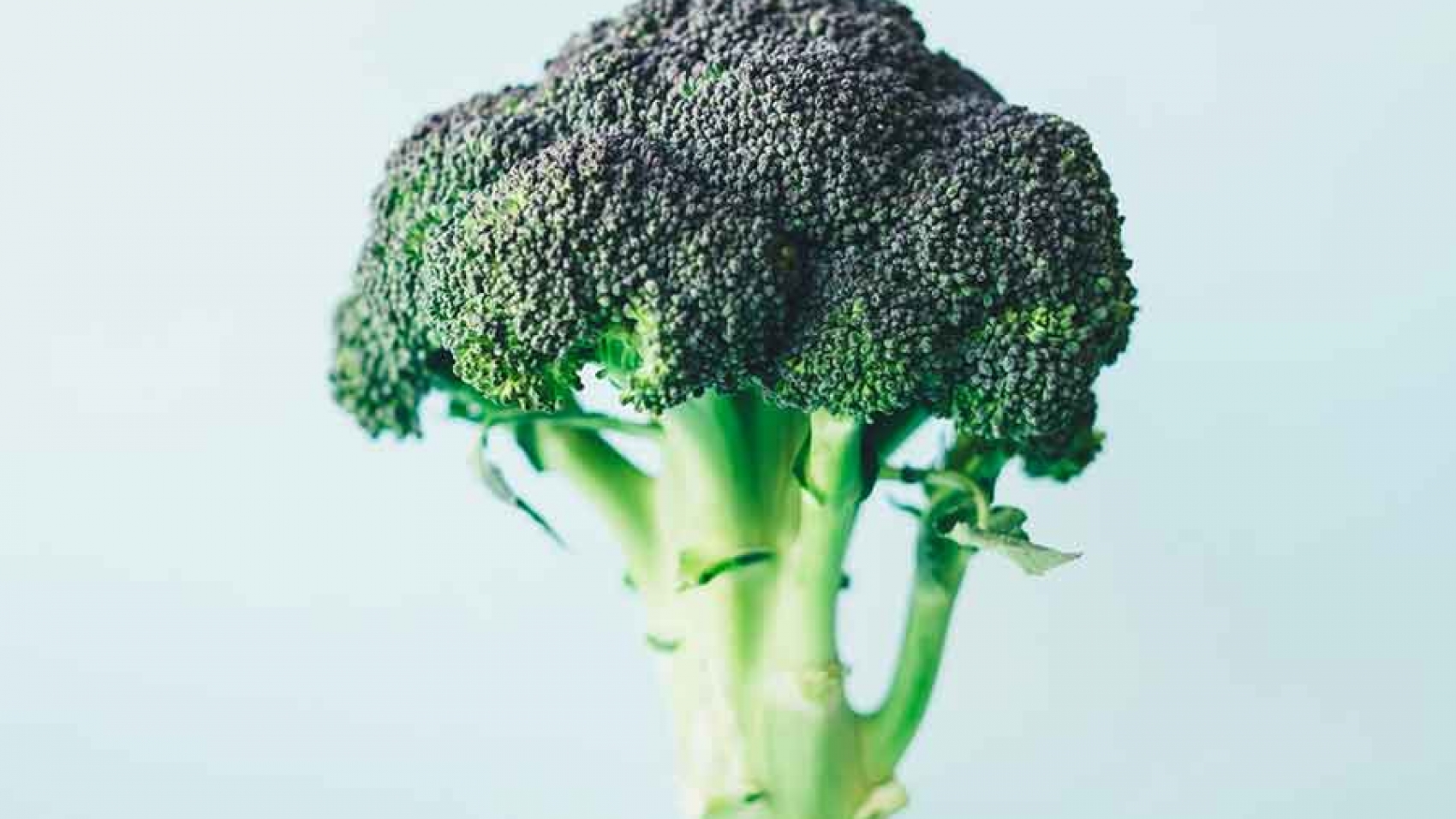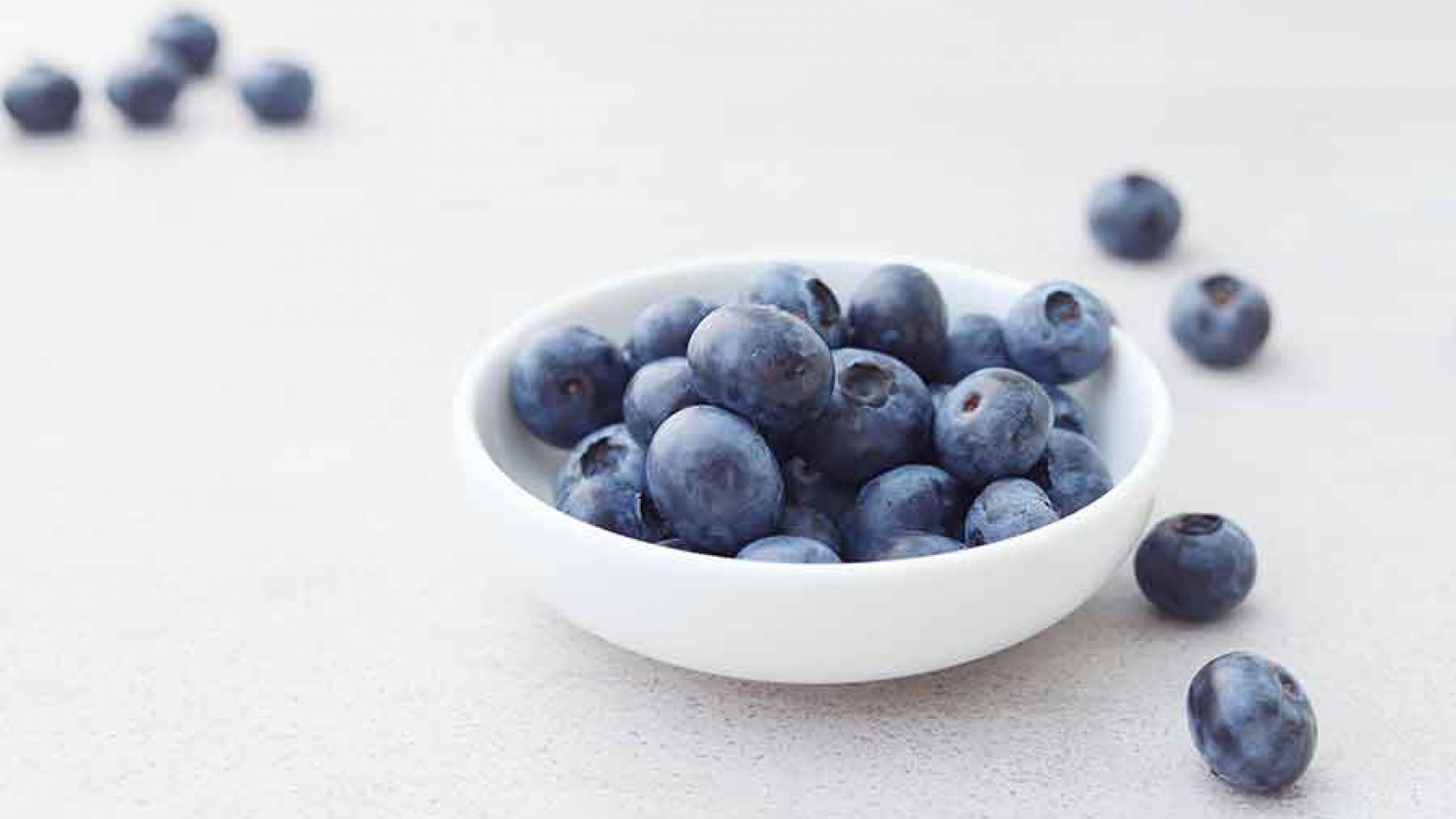Vitamin D May Cut COVID-19 Risks
Vitamin D deficiency is associated with an increased covid-19 infection risk.
Vitamin D
Vitamin D (also referred to as “calciferol”) is a fat-soluble vitamin. It is produced endogenously when ultraviolet rays from sunlight strike the skin and trigger vitamin D synthesis. It is available in a few foods and as a supplement.
Vitamin D obtained from sun exposure, foods, and supplements is biologically inert and must undergo hydroxylations in the body for activation. The first occurs in the liver, and the second occurs primarily in the kidneys.
Vitamin D Benefits
Vitamin D has multiple roles in the body, namely:
- Promotes healthy bones and teeth.
- Supports immune, brain, and nervous system health.
- Regulates insulin levels and supports diabetes management.
- Supports lung function and cardiovascular health.
- Influences the expression of genes involved in cancer development.
Vitamin D and Respiratory Infections
Interest in a potential role for vitamin D in the prevention or treatment of acute respiratory infections dates back to the 1930s, when cod liver oil was investigated as a means to reduce industrial absenteeism due to the common cold.
Vitamin D is important to the function of the immune system and it is well established that vitamin D supplements lower the risk of viral respiratory tract infections.
Vitamin D and Covid-19
At Boston University School of Medicine (BU), hospitalized COVID-19 patients who were vitamin D sufficient had significantly better clinical outcomes, with marked decreased risk of becoming unconscious, hypoxia and death. In addition, they had lower blood levels of C-reactive protein (an inflammatory marker), and higher blood levels of lymphocytes (a type of immune cell that helps fight infection). BU defined Vitamin D sufficient as blood levels of 25-hydroxyvitamin D of at least 30 ng/m
There are about 30 studies demonstrating that having optimal blood levels of vitamin D reduces Covid-19 risks. Many researchers regard this evidence as overwhelming, although there are always those that claim we need more research.
iIn the meantime, there is little to be lost (vitamin D supplements are inexpensive and have low risk of toxicity) and a huge amount to gain by recommending an adequate daily dose of vitamin D3.
In particular, vitamin D:
- Decreases COVID-19 infection and transmission.
- Lessens coronavirus replication by affecting zinc metabolism.
- Reduces symptoms.
- Promotes viral clearance by modulating effects on dendritic and T cells.
- Reduces inflammatory response
- Controls the covid-19 cytokine storm by lowering interleukin-6 levels .
A possible caveat is vitamin D’s effect on viral spread, since by reducing inflammation, it may increase asymptomatic carriage.
Vitamin D: Deficiency and Insufficiency
Vitamin D deficiency and insufficiency is widespread in both children and adults worldwide. The deficiency is likely attributed to the ubiquitous use of sunscreens and the fear of sun exposure.
The low costs of vitamin D and its general safety, at least at doses of up to 4000 IU per day, strongly supports vitamin D supplementation. This supplementation is even more important for groups at high risk for covid-19, such as the elderly and the immune suppressed.
How Much Vitamin D?
The exact dosage of vitamin D depends on blood levels. Most people need to supplement to get optimal levels. Below are general guidelines:
- Infants ... 400-1000 IU
- Children … 600-1000 IU.
- Teens/Adults … 1500-2000 IU
An Optimal Immune System to Fight Covid-19
Until we have a vaccine or effective treatment plan, it is important to do all we can to strengthen our immune system, including
- Eat an anti-inflammatory, low glycemic index, Mediteranean diet rich in vegetables, fruit. healthy fats, nuts, seeds and wild caught fish.
- Exercise.
- Manage stress.
- Get adequate sunlight exposure.
- Get enough sleep.
- Supplement as needed, including vitamin D
Please consult a nutritionist or other qualified health professional before starting any supplementation. People with certain medical conditions, such as kidney problems, cannot safely take vitamin D.





